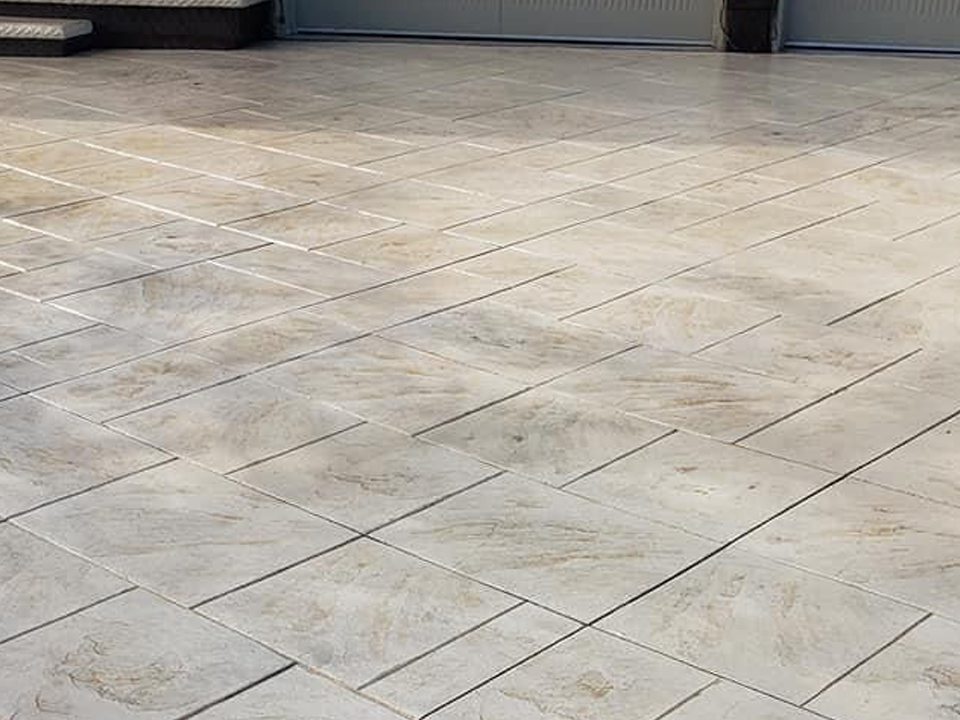Commercial
Here are some common applications of commercial concrete:
1. Foundations: Concrete is commonly used for building foundations in commercial construction. It provides a strong and durable base that can support the weight of the structure.
2. Floors: Concrete floors are widely used in commercial spaces due to their durability, low maintenance requirements, and ability to withstand heavy foot traffic and equipment loads.
3. Walls: Concrete walls can be used for both exterior and interior applications in commercial buildings. Precast concrete panels or poured-in-place concrete can create strong and sturdy walls.
4. Columns and Beams: Structural elements like columns and beams are often made from reinforced concrete to provide support and stability to the building.
5. Stairs and Ramps: Concrete is used to create staircases and ramps in commercial buildings for safe and convenient access between different levels.
6. Pavements and Walkways: Concrete is commonly used for parking lots, sidewalks, and pedestrian walkways in commercial areas.
7. Retaining Walls: In cases where commercial properties are built on uneven terrain, concrete retaining walls can be used to manage changes in elevation and prevent soil erosion.
8. Industrial Flooring: Industrial facilities often require specialized concrete flooring that can withstand heavy machinery, chemical exposure, and other industrial conditions.
9. Warehouses and Distribution Centers: Concrete is used for flooring, walls, and structural components in large-scale commercial warehouses and distribution centers.
10. Public Infrastructure: Concrete is essential for various public infrastructure projects such as bridges, highways, and public transportation facilities.
Benefits of Commercial Concrete
• Strength and Durability: Concrete is known for its strength and ability to withstand heavy loads and environmental conditions.
• Versatility: Concrete can be shaped, molded, and customized to meet specific design requirements.
• Fire Resistance: Concrete is inherently fire-resistant, making it a suitable choice for commercial buildings.
• Low Maintenance: Once properly installed, commercial concrete elements require minimal maintenance.
• Longevity: Properly designed and constructed commercial concrete structures can have a long lifespan.
Considerations and Drawbacks:
• Planning and Design: Proper planning and design are crucial to ensure that the concrete elements meet structural and aesthetic requirements.
• Construction Expertise: Skilled contractors with experience in commercial concrete work are needed for successful project execution.
• Timing: Concrete requires time to cure and achieve its full strength. Scheduling construction activities accordingly is important.
• Cost: Commercial concrete projects can be costly due to materials, labor, and equipment involved.

